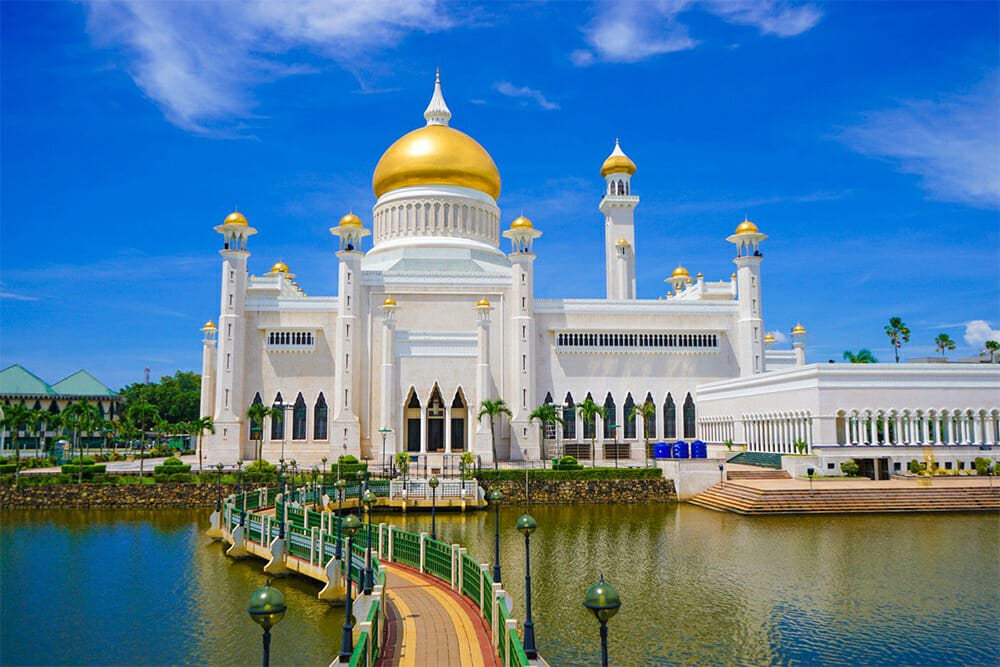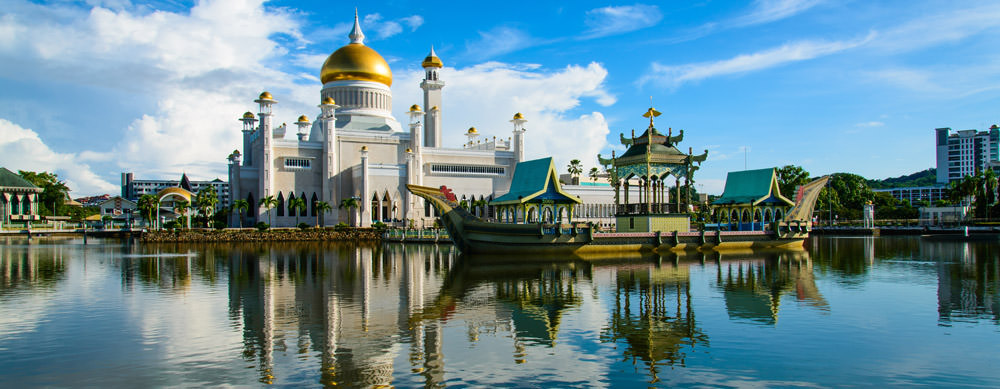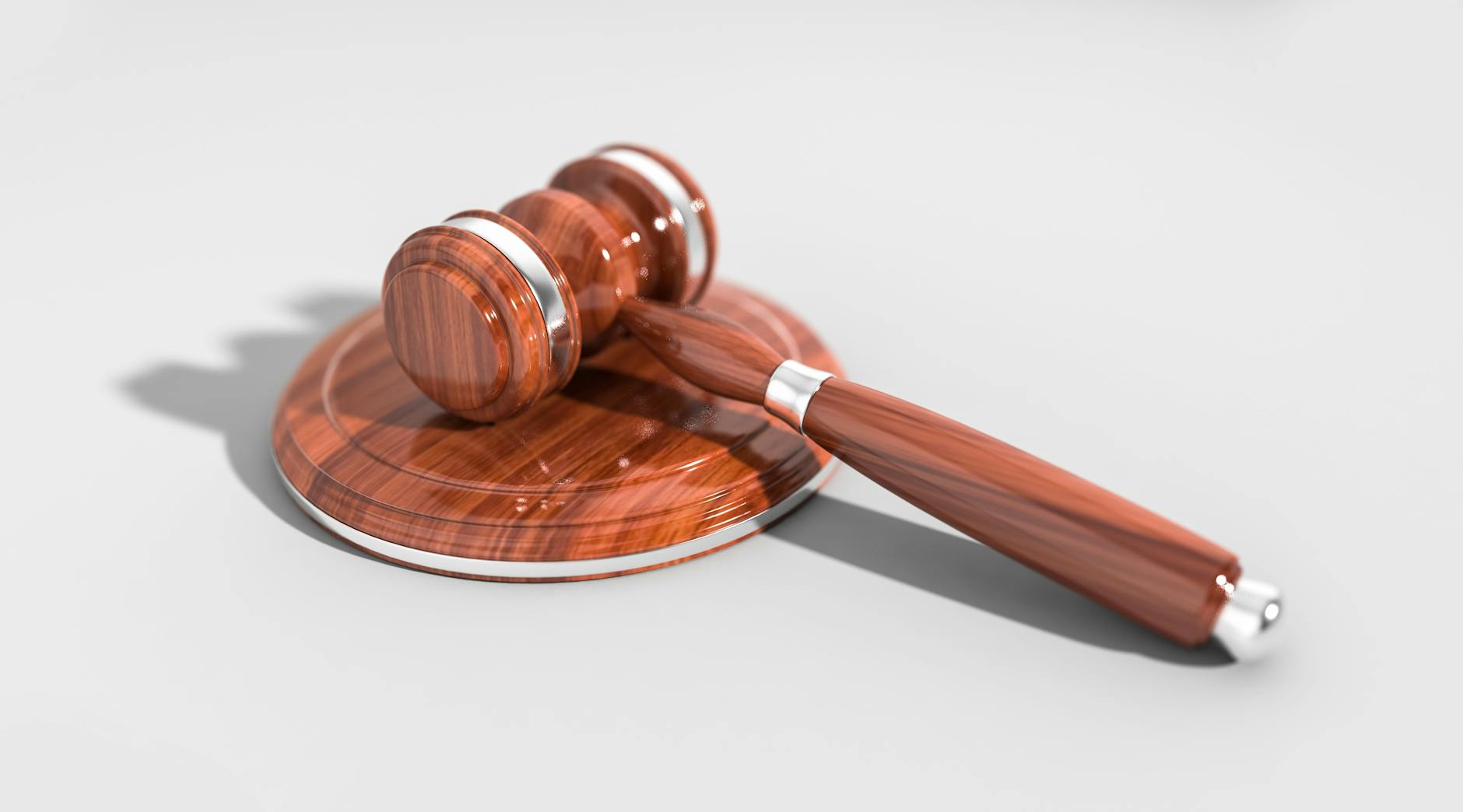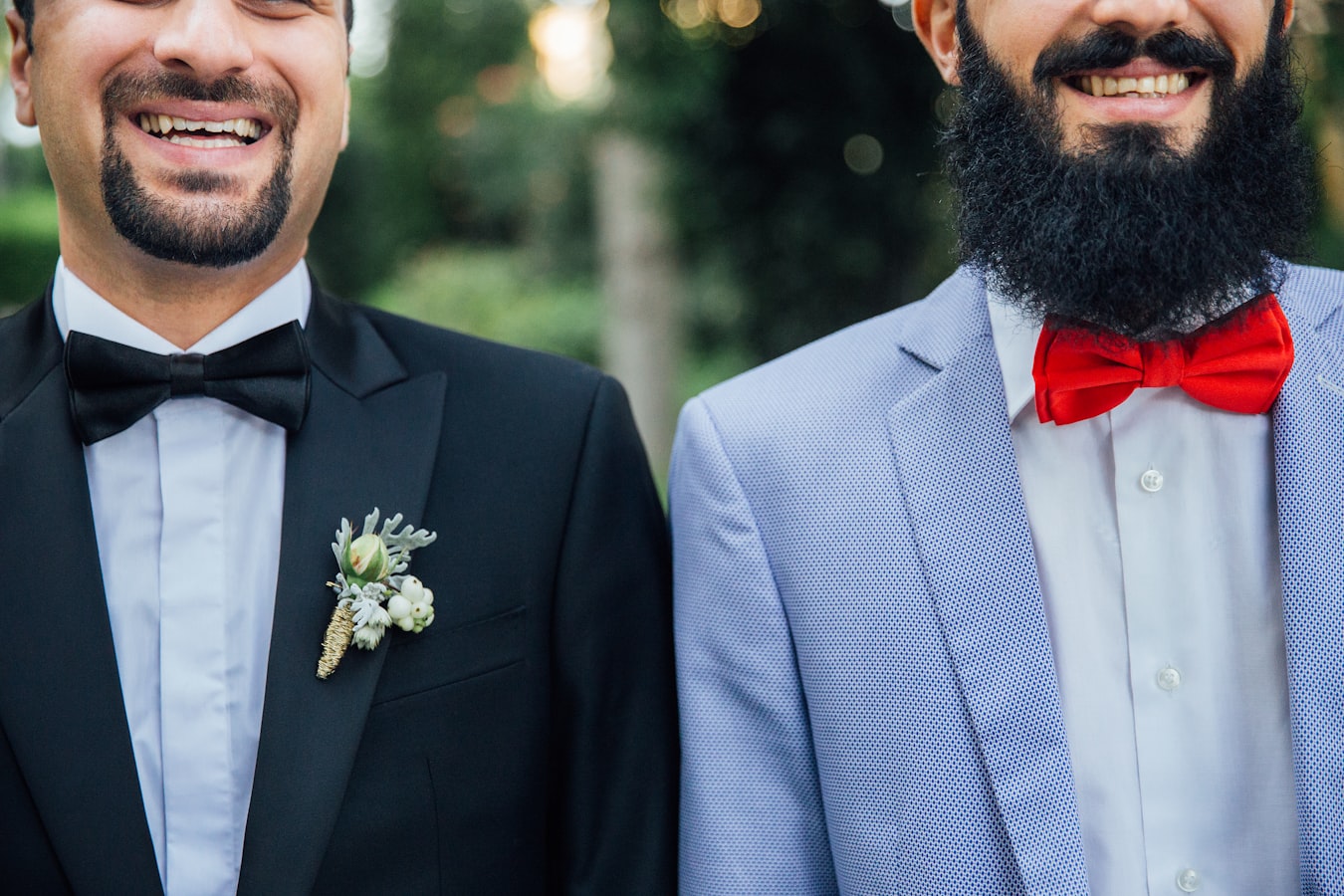There has been a global outcry at the anti-LGBTQ laws put into effect by Brunei recently.
But, as Malaysians, what do we really know about our neighbouring country?
Brunei is a small kingdom on Borneo island with a population of approximately 430,000 people. The country is ruled by Sultan Hassanal Bolkiah and is surrounded by the Malaysian state, Sarawak.
They might be our neighbours, yet most of us probably know nothing about them, if not for the recent international outrage at their implementation of the Sharia Law.

So, what do Bruneians really think about this?
We spoke to a few locals, some based overseas, and some living in the country, in order to get a better understanding of their perspective.
(Interviews have been edited for length and clarity)
“Bruneians are pretty chill about it. It’s already been law since years ago. Zero people have been punished since then.” – Bingka
Bingka was the first person I reached out to. He felt that “the Western countries are just looking for a new thing to hate on.”
He explained that in order to get punished, people had to be caught in the act in public, with four witnesses.
Then the case has to go through a lengthy judicial process. He felt that chances of that happening was almost nil.
He wryly pointed out a similar Sharia punishment, “Even for stealing, nobody’s hand got cut off yet.”
In response to the anti-LGBTQ laws, Bingka explained,
“The government does things without thinking of the consequences. There’s nothing we can do considering we are experiencing the least growth in ASEAN for the past decade.”
“As a local and Muslim, I respect what His Majesty has done for our country. I’ve lived in a peaceful country all this while. His Majesty is a great leader and I put 100% of my trust into him. What our Sultan did regarding the law was actually to play his part as a Muslim leader.” – Atin
We spoke to Atin next. She was dismayed by the way the Sultan was being portrayed in the news.
She explained to us that “His Majesty does his best, as fairly as he can, despite the critics. He knows he needs to be strong for Allah and for his people.”
She pointed out that there was too much attention on the “LGBTQ stoning laws”, and that the Sharia Law extended beyond just punishing homosexuals.
Atin mentioned that Muslims who are not married to each other could also be punished for having sex, and not just gay people. However, the incidence of that happening was close to none, despite the laws already being in place for years.
She added that it was unlikely for the laws to be enforced because there are many requirements which must be fulfilled.
“It won’t be implemented by just seeing two women walking in public holding hands.”
She also drew attention to the fact that whilst stealing is a crime punishable by amputation, many still commit theft without having their hands cut off.
Atin pointed out with some irony, “Some citizens are saying, when will these people (who steal) get punished? They are still stealing!”
Finally, she wants the media to portray Brunei fairly. She gave her own perspective as a local,
“We are not suffering. The world is making the wrong assumption. Nothing bad has happened here.”
“For me personally, it’s kind of embarrassing that Brunei is now highlighted because of this. The law has already been there for a long time, but it was never executed ‘properly’. Honestly even now, I don’t think it will be executed.” – Anonymous
We contacted Anonymous next. She didn’t like the negative portrayal of her country.
She felt that the laws were put in place more as a deterrent against crime. However, in practice, those laws were impossible to execute.
She said, despite the negative portrayal of the laws as draconian and inhumane, life in Brunei is peaceful.

(source: https://www. Passporthealthglobal. Com/ca/destination-advice/brunei/)
However, she did concede that the country could do better economically, especially if public funds could be more effectively allocated.
She acknowledged that the allocation of funds was unfair due to a lack of transparency but stated that “We are content. Not happy, but content.”
She says it’s clear that there’s resentment against the fact that royalty appeared to be exempt from certain laws.
However, she also added that it was something that all Bruneians accepted, the same way other countries accept the flaws of their own governments.
She concluded, “It’s our life since birth. So, we are content with it.”
“Personally, I think it is wrong. It has been in effect for quite some time now, three years maybe? But it was never enforced until now. It affects only Muslims.” – D.I.
D.I. is a Bruneian who is living abroad but still goes back to Brunei on occasion. We asked for his perspective on the current implementation of Sharia Law in his country.
He kicked off the conversation by bluntly stating, “I love the Sultan, but as a country, Brunei is going nowhere.”
To provide context, he explained that Bruneians enjoyed many benefits under the rule of the current Sultan, and are very well taken care of by the government.
Bruneians do not pay taxes, enjoy free education and healthcare, and are heavily subsidised for housing, rice and petrol.
D.I. does not feel like punishment for gay people is right. But he also believes that the Sultan had good reasons to go ahead with the implementation of Sharia Law.
He theorised that it could be due to Sultan Hassanal Bolkiah’s advanced age, coupled with his concerns that there will be revolts and soaring crime rates due to depleting oil and gas supplies.
“I think that is his hope: to control people with religion and the fear of getting punished. It is not going to impact his ruling by much. He already has an awesome legacy.”

(source: http://archive. Boston. Com/bigpicture/2010/09/comments_ramadan_2010_-_your_images. Html)
“Up until recently life in Brunei has pretty much been the same as always – like living in a slightly big kampong. People leave their cars running and unlocked while they run into the store, that’s how safe and chill Brunei is. This (issue) was poorly-timed after what happened in New Zealand.” – F.
F. was also based overseas at the time of interview. He felt that “the PR of the whole thing was poorly managed, especially on the global stage.”
He also believes that the Bruneian government had made a poor decision to implement Sharia Law in the current climate of paranoia, without considering the PR fallout.
He didn’t agree with laws on stoning, death, or amputation. However, he said he recognised that Brunei had the right to practice their own laws.
From speaking to F., we learnt that Sharia Law has always been in existence in Brunei and that the recent implementation was just a matter of formalising them.

He also added that even with Sharia Law in place, most Bruneians have been tolerant of LGBTQ activities all this while. In fact, he clarified that there was always an active gay community in Brunei, and members of the community are often seen out in the open.
He explained that as a very small country with a tight-knit community, most Bruneians did not feel bothered by that. “They mind their own business.”
F. pointed out that Singapore has laws that make homosexuality a crime and yet did not really prosecute anyone for being gay.
“Brunei is the same!”
He felt that most people did not understand how Sharia Law worked. Most people aren’t aware that the laws are restricted by certain rules and regulations called hudud.
Hudud has many strict (and often unattainable) guidelines to meet, which makes punishment almost impossible to enforce.
F. asked people to watch this video on how Sharia Law is actually enacted before making up their minds on how things actually are in Brunei.
“It’s not “stoning law”, it’s Sharia Law, a system of justice of which stoning is a deterrent punishment which has not been used at all here in Brunei. We’re getting rather tired of trying to balance out the increasingly skewed media representation of Brunei.”– Anakbrunei
Anakbrunei was overwhelmed with the onslaught of negativity towards his country. He believes that Brunei was being unjustly represented by international news outlets.
“We’ve had an LGBTQ community in Brunei since forever and they’ve always lived peacefully. The media portrays it as if the authorities will suddenly go on a witch-hunt for gay people. As if the authorities are standing by just waiting for the official green-light!”
He pointed out that Bruneians had bigger things to worry about, referring to the country’s declining economic performance in recent years, due to decreasing petroleum and methane production.
He added, “I think this (LGBTQ) issue is the least of our worries. We need to focus on lifting our economy and making sure our future generation benefits from our efforts.”
Most Bruneian citizens have expressed views contrary to what has been reported by most news outlets. Whilst many do not agree with stoning, amputation or death, most are of the opinion that it is unlikely that any of those punishments will be enacted.
The country’s depleting supply of oil and gas, the deteriorating state of the economy and the rising unemployment rates are matters that seem to weigh much more heavily on the minds of the people of Brunei.
For more articles like these, read What’s It like Being Homosexual in Malaysia? and Coming out of the Closet: A Transgender Man’s Experience.
More from Real People
‘A RM100 fee cost a company 5 years of revenue’ shares M’sian
This story is about a Malaysian who learned that bureaucracy can be defeated simply by not arguing with it.A billing …
‘I quiet-quit, upskilled, and tripled my salary,’ shares M’sian engineer
This story is about a Malaysian who learned that loyalty without leverage leads nowhere in the corporate world.After years of …
‘I did everything right, and it still wasn’t enough’ shares M’sian graduate
This story is about a Malaysian graduate navigating big dreams in a job market where a degree no longer guarantees …


















